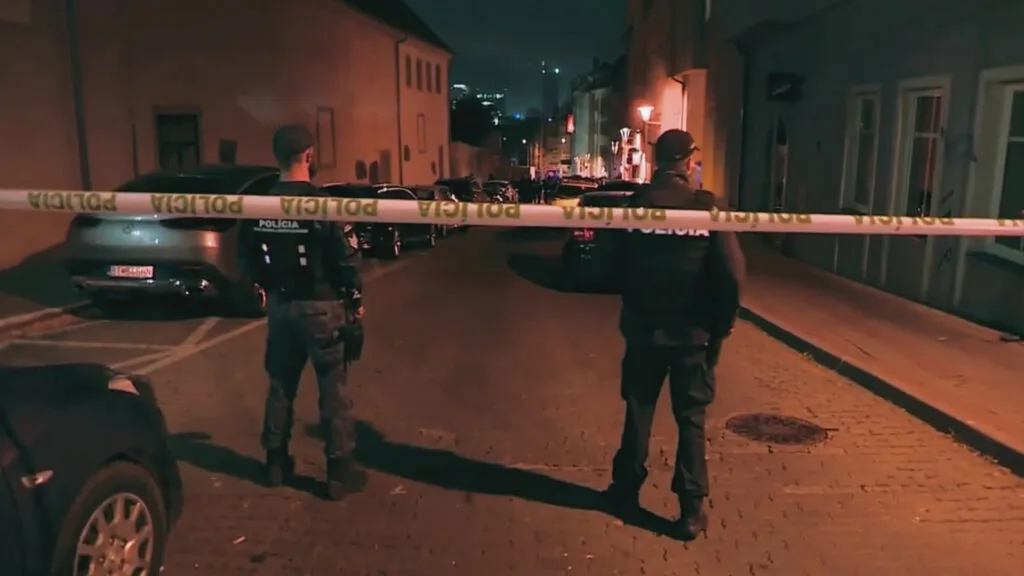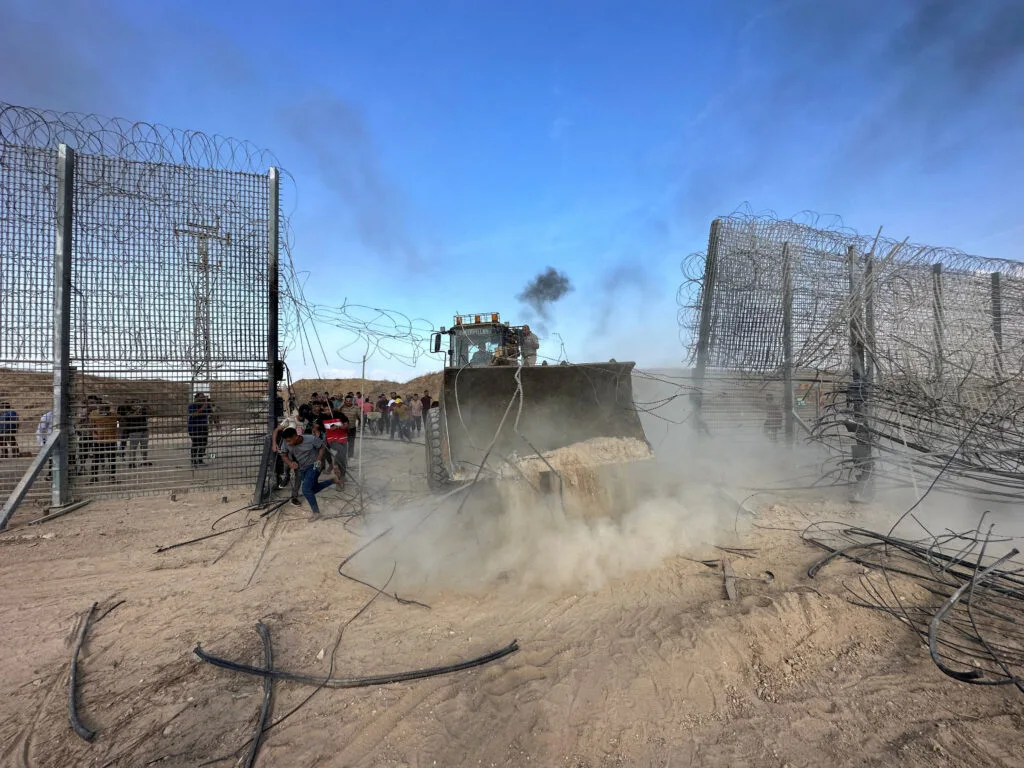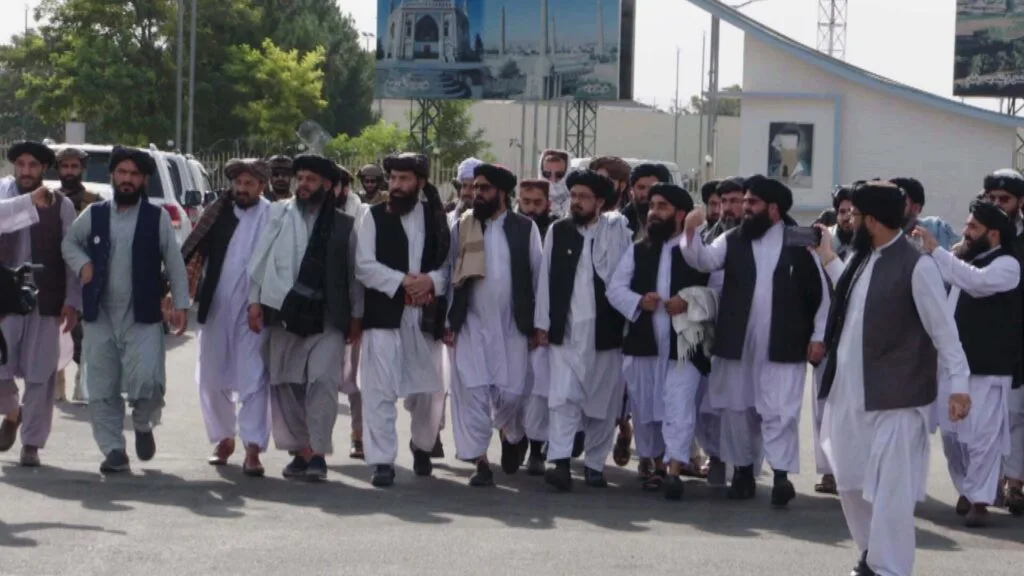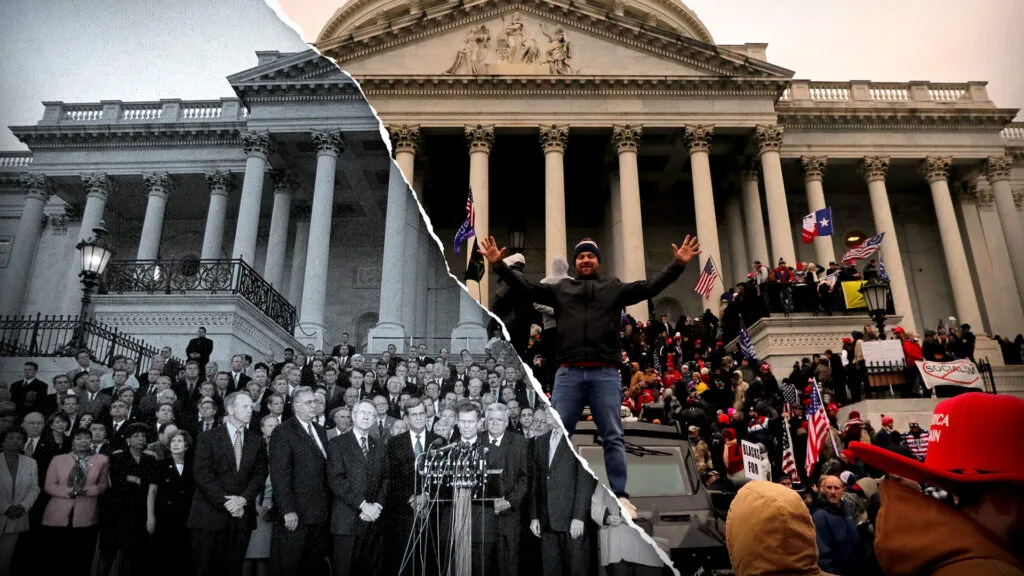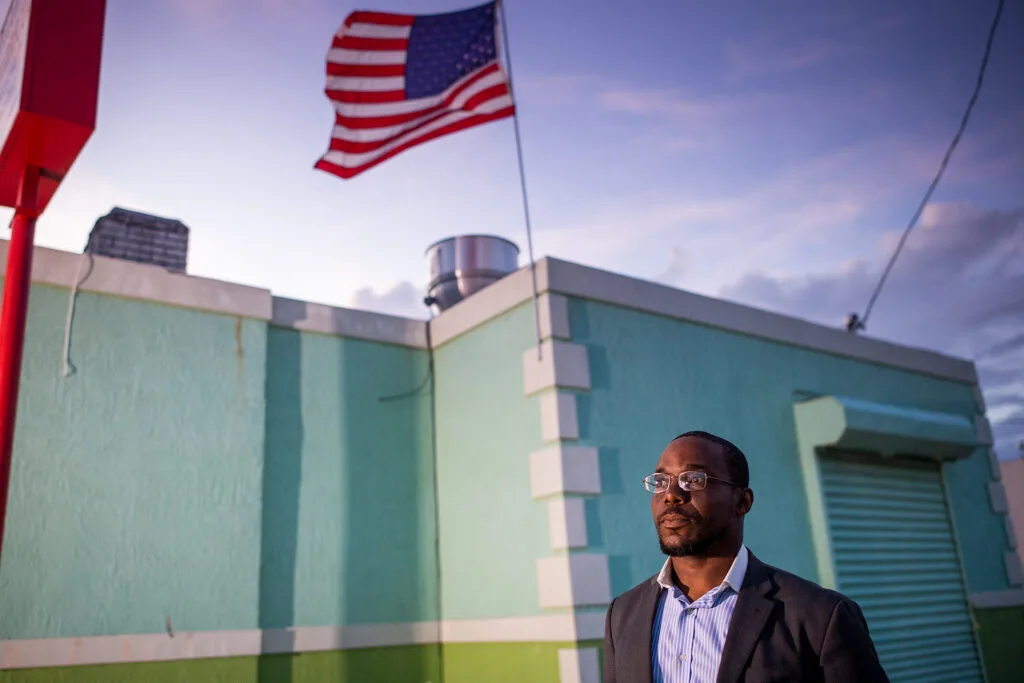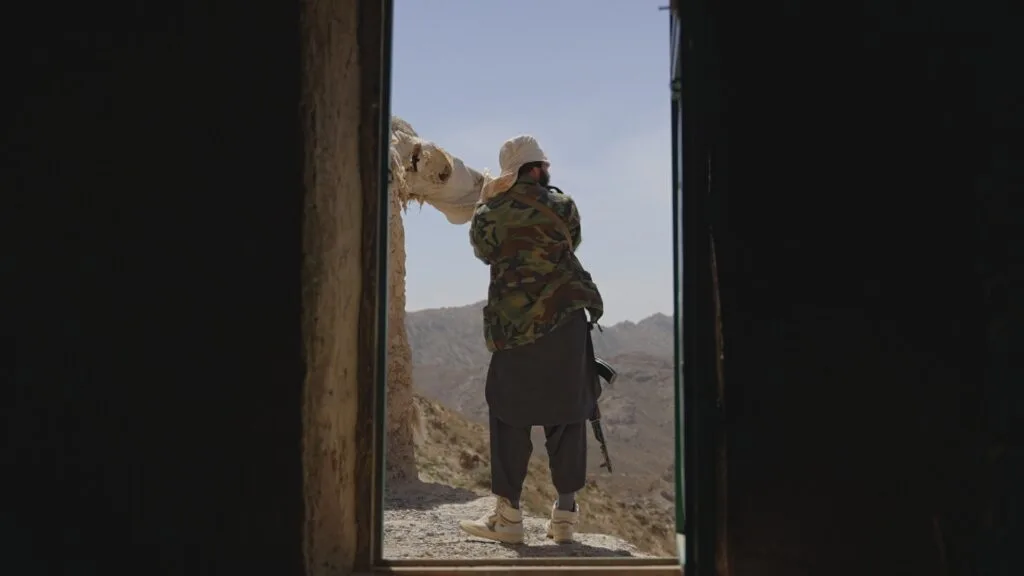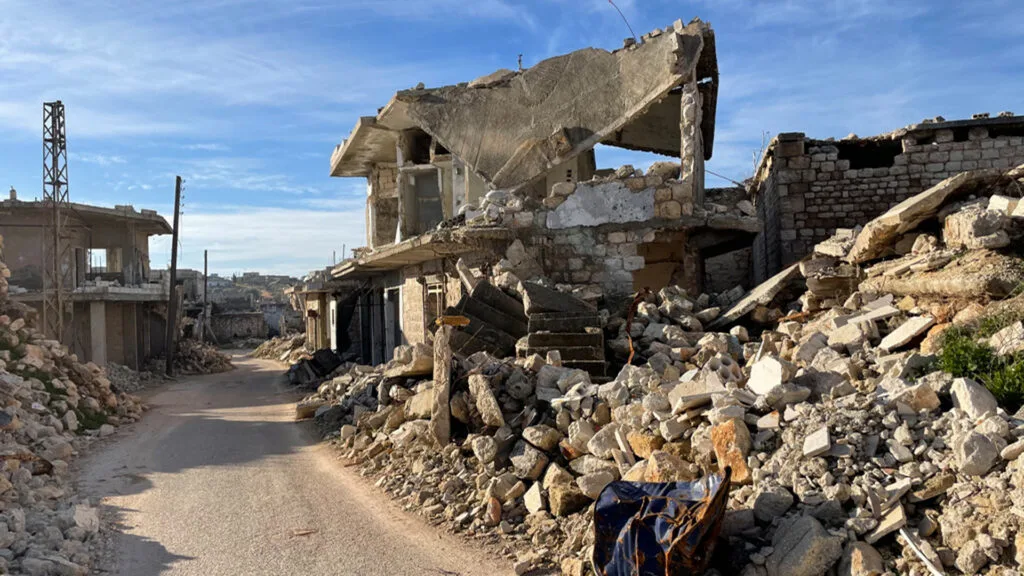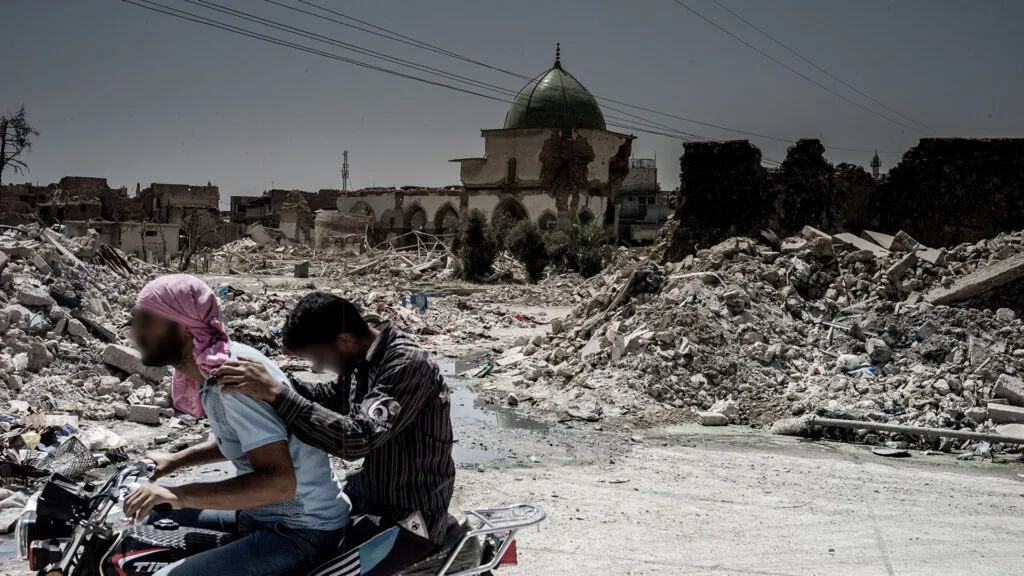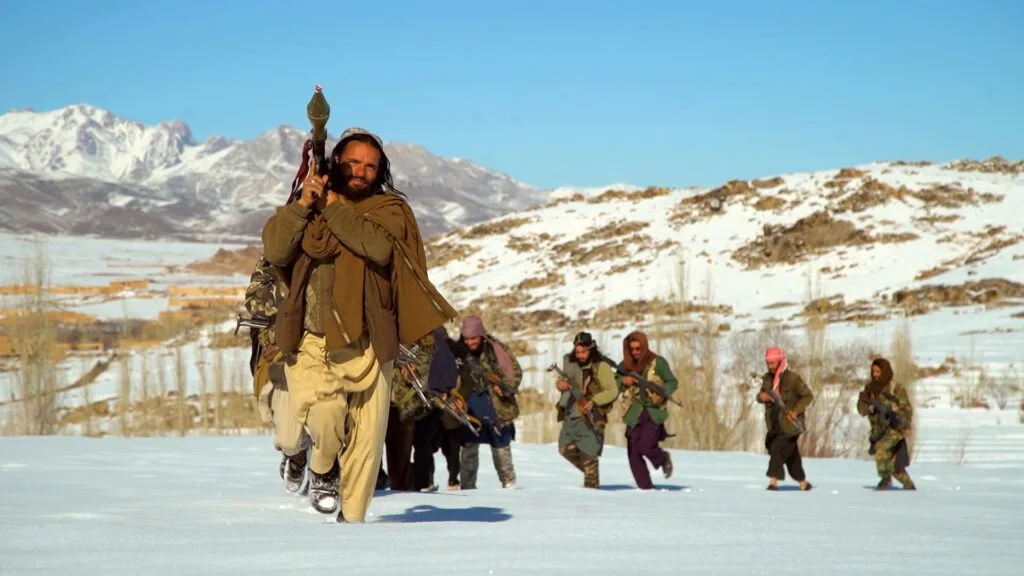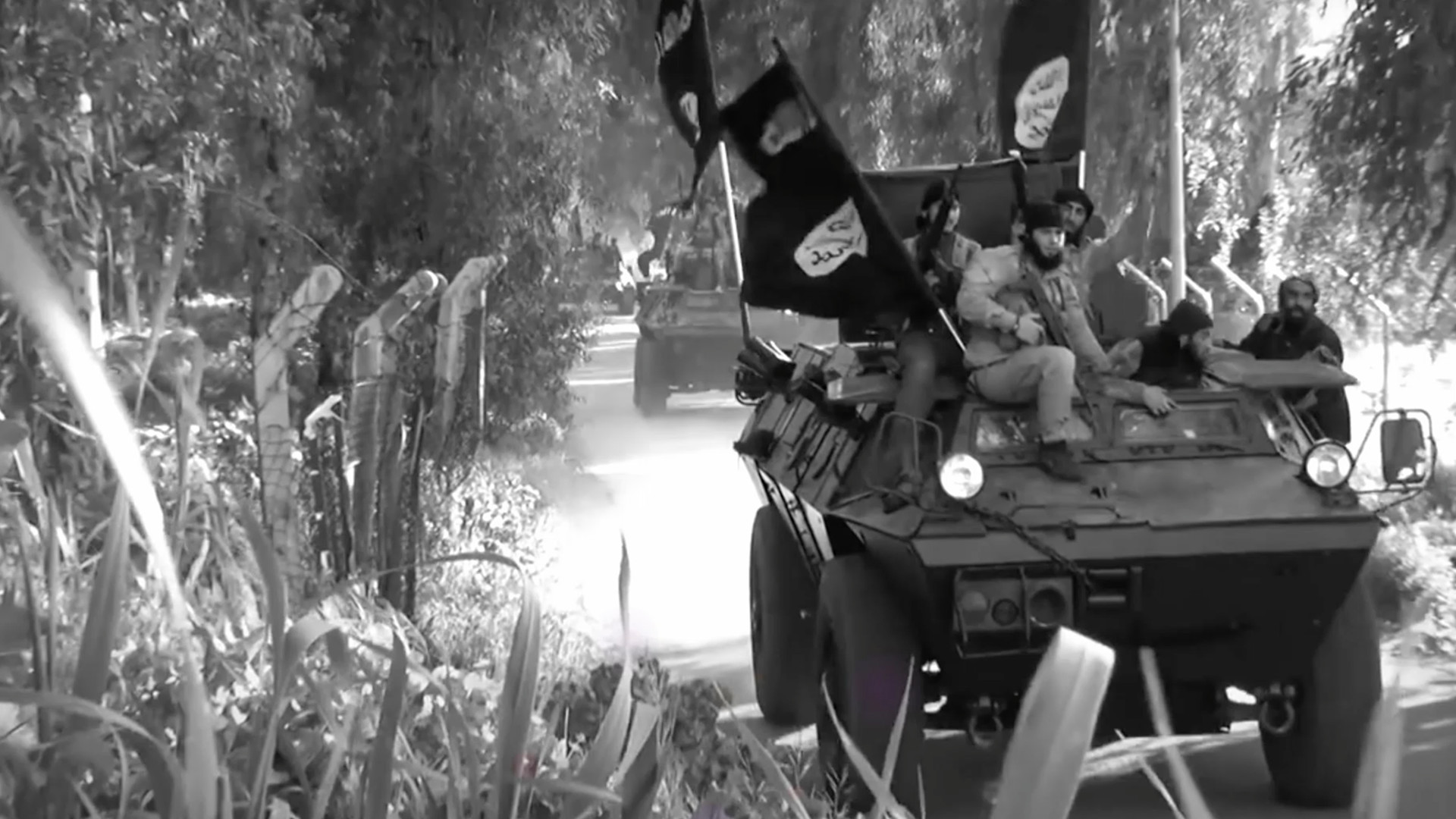Flashback: How U.S.-Backed Kurds Defeated ISIS in Kobani, Syria
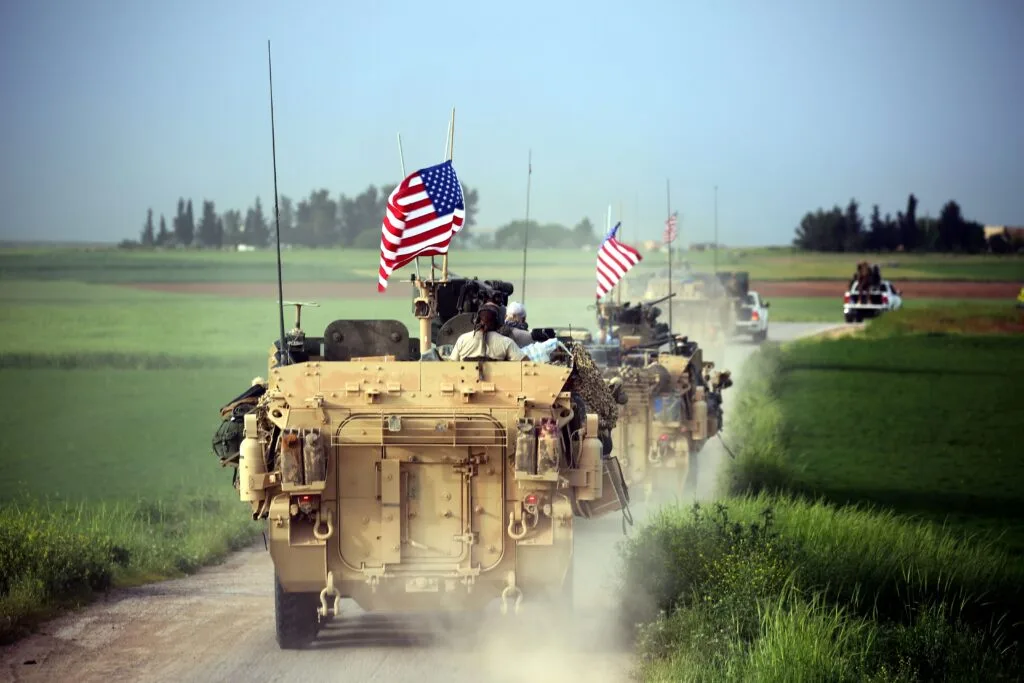
October 9, 2019
Share
The White House announced Sunday that U.S. troops would no longer have a presence in northern Syria, just days before neighboring Turkey would begin a “long-planned” offensive there against Kurdish fighters, who helped the U.S.-led coalition take the area from ISIS.
Critics quickly characterized the decision as an abandonment of the Kurdish soldiers who have for years been considered some of America’s best fighters against ISIS both in Syria and Iraq. Even some of President Trump’s staunchest Republican defenders voiced fears, with Senate Majority Leader Mitch McConnell saying a quick withdrawal from Syria “would increase the risk that ISIS and other terrorist groups regroup,” and Sen. Lindsey Graham tweeting, “Pray for our Kurdish allies who have been shamelessly abandoned by the Trump Administration. This move ensures the reemergence of ISIS.”
The announcement came after a phone call between Trump and Turkey’s President Recep Tayyip Erdogan. Facing harsh criticism on Wednesday as the Turkish offensive in Syria was under way, President Trump said that the U.S. “does not endorse this attack and has made it clear to Turkey that this operation is a bad idea.”
Confronting ISIS, a 2016 FRONTLINE documentary, examined the complex and conflicting interests of regional partners in the U.S.-led fight against ISIS — among them Turkey and the Kurds. As the below excerpt from the film explores, when ISIS was gaining ground in the northern Syrian city of Kobani in 2014, Turkey refused to send troops or allow coalition jets to use the critically important U.S. airbase at Incirlik.
The decision hinged on the Obama administration’s relationship with the Kurds. The ethnic minority’s Syrian fighting force is affiliated with a militant Kurdish separatist organization that has been battling the Turkish state since the 1980s and is listed by the U.S. State Department as a terrorist group.
“Turkey perceived [a] greater threat from the Kurdish groups that were defending Kobani [than from ISIS]. And because of that, they wanted the Kurdish insurgency in northern Syria to be extinguished via ISIS,” Turkish foreign policy expert Ahmet Kasim Jan told FRONTLINE’s Martin Smith.
As the film recounts, Turkish officials rebuffed American attempts to enlist their cooperation in the fight against ISIS in Kobani.
“It’s difficult for us to understand why, you know, our ally, United States, a NATO ally with which we have a model partnership, will support an organization that directly or indirectly attacks Turkey, targets Turkish security forces, you know, inside Turkey,” Ibrahim Kalin, senior adviser to Erdogan, told Smith.
The battle wore on, and Turkey held out. Finally, when it looked like an ISIS victory in Kobani would be imminent, President Obama made a controversial move — ordering an airdrop of weapons, ammunition and medical supplies to boost the Kurds in their fight against ISIS.
Ultimately, Turkey would agree to allow a force of Iraqi Kurds to come out of Iraq, across Turkey, to fight in Kobani. ISIS resisted for another few months, but in the end, they were driven out by the Kurds.
Though U.S. relations with Turkey were badly damaged, it was a pivotal victory in the early fight against ISIS.
“By intervening on behalf of Kobani and partnering with the Kurdish forces there, this really did succeed in stopping the momentum of ISIS. And it dealt them their first strategic setback,” Marc Lynch, who directs the Institute for Middle East Studies at George Washington University, told FRONTLINE.
Today, thousands of apprehended ISIS fighters are reportedly in the custody of the Kurdish forces in northern Syria who are now under attack from Turkey. What the Turkish offensive and the withdrawal of U.S. forces means for the future of the Kurds, ISIS and Syria remains to be seen.

Related Documentaries
Latest Documentaries
Related Stories
Related Stories
Explore
Policies
Teacher Center
Funding for FRONTLINE is provided through the support of PBS viewers and by the Corporation for Public Broadcasting, with major support from Ford Foundation. Additional funding is provided the Abrams Foundation, Park Foundation, John D. and Catherine T. MacArthur Foundation, Heising-Simons Foundation, and the FRONTLINE Trust, with major support from Jon and Jo Ann Hagler on behalf of the Jon L. Hagler Foundation, and additional support from Koo and Patricia Yuen. FRONTLINE is a registered trademark of WGBH Educational Foundation. Web Site Copyright ©1995-2025 WGBH Educational Foundation. PBS is a 501(c)(3) not-for-profit organization.
